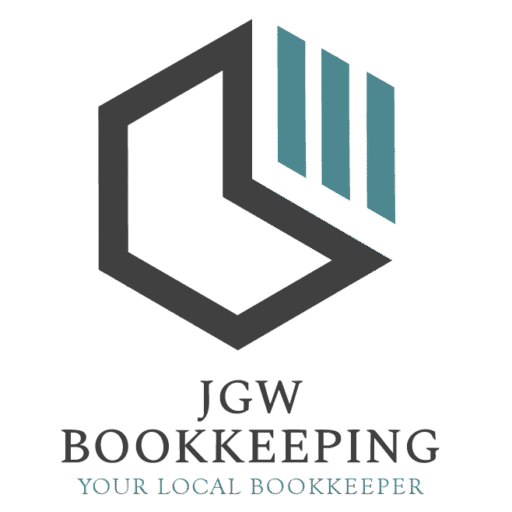
Accounts Payable Automation vs Manual Tracking: What’s Best for Small Businesses in Australia?
Running a small business in Alkimos, Western Australia, or anywhere in Australia means wearing many hats. From managing clients to keeping up with the ATO, the financial side of things can quickly become overwhelming. One area that often creates unnecessary stress is accounts payable – keeping track of what you owe suppliers and ensuring payments go out on time.
At JGW Bookkeeping, we’ve seen how the way you manage accounts payable can directly impact your cash flow, supplier relationships, and overall peace of mind. Many small businesses still rely on manual tracking with spreadsheets, while others are moving towards accounts payable automation. But which is right for you? Let’s break it down.
Manual Tracking – Pros & Cons
For small business owners just starting out, manual tracking can seem like the most affordable option. Using spreadsheets, invoices, or even paper records, you keep track of bills and payment dates yourself.
✅ Pros:
- Very low cost – all you need is a computer or notebook.
- Simple to set up – no training or new software needed.
- Gives you direct control over every entry.
❌ Cons:
- Easy to make mistakes – a missed bill or wrong figure can cost you dearly.
- Time-consuming – manually chasing invoices and updating records eats into valuable hours.
- Stressful at BAS time – trying to reconcile everything last minute can lead to errors and penalties.
For many business owners in Alkimos and surrounding suburbs, manual tracking feels manageable at first but quickly turns into a burden as the business grows.
Accounts Payable Automation – Pros & Cons
Accounts payable automation is becoming a popular solution across Australia. By using small business tools designed for bookkeeping, your invoices can be automatically scanned, logged, and scheduled for payment.
✅ Pros:
- Saves time – less manual data entry and fewer late payments.
- Increases accuracy – reduces human error and missed bills.
- Improves cash flow – payments are scheduled properly, avoiding penalties.
- Accessible from anywhere – perfect for business owners who are always on the go.
❌ Cons:
- Initial set-up can feel overwhelming without support.
-
Some tools come with subscription costs.
-
Not always tailored to the unique needs of Australian tax rules unless guided by a BAS agent.
Automation is highly efficient, but without the right bookkeeping guidance, small businesses may find it tricky to choose the right system or may still miss compliance steps.
The Hybrid Approach – Finding the Balance
At JGW Bookkeeping, we find that many small businesses in Western Australia benefit from a hybrid approach. This means using accounts payable automation for efficiency, while still maintaining manual checks to ensure accuracy and compliance.
With professional support, automation can save hours every week, while manual oversight ensures nothing slips through the cracks. This approach offers small business owners peace of mind, knowing their accounts payable is both efficient and compliant with Australian standards.
Conclusion – The Best Choice for Small Businesses in Alkimos & Beyond
There’s no one-size-fits-all answer. For some, manual tracking works until the workload grows. For others, automation is the clear solution to saving time and reducing stress. The real key is understanding your business needs and choosing a system that fits.
That’s where JGW Bookkeeping can help. As a local BAS-certified bookkeeper in Alkimos, Western Australia, we guide small businesses through the decision-making process. Whether you’re looking to simplify manual tracking, implement accounts payable automation, or combine both, we’ll make sure your system supports growth, compliance, and stress-free financial management.
Ready to stop worrying about missed bills and late fees? Contact JGW Bookkeeping in Alkimos, Western Australia, today and let us set up the right accounts payable process for your business.



